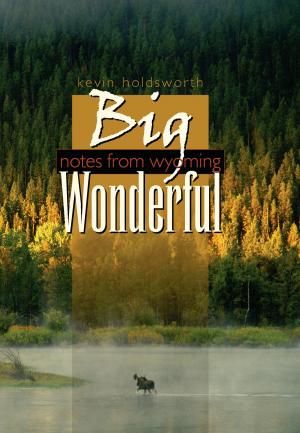Parallel Worlds
Genre, Discourse, and Poetics in Contemporary, Colonial, and Classic Maya Literature
Fiction & Literature, Literary Theory & Criticism, Central & South American, Nonfiction, Social & Cultural Studies, Social Science, Anthropology| Author: | ISBN: | 9781607321804 | |
| Publisher: | University Press of Colorado | Publication: | May 15, 2012 |
| Imprint: | University Press of Colorado | Language: | English |
| Author: | |
| ISBN: | 9781607321804 |
| Publisher: | University Press of Colorado |
| Publication: | May 15, 2012 |
| Imprint: | University Press of Colorado |
| Language: | English |
Despite recent developments in epigraphy, ethnopoetics, and the literary investigation of colonial and modern materials, few studies have compared glyphic texts and historic Maya literatures. Parallel Worlds examines Maya writing and literary traditions from the Classic period until today, revealing remarkable continuities across time.
In this volume, contributions from leading scholars in Maya literary studies examine Maya discourse from Classic period hieroglyphic inscriptions to contemporary spoken narratives, focusing on parallelism to unite the literature historically. Contributors take an ethnopoetic approach, examining literary and verbal arts from a historical perspective, acknowledging that poetic form is as important as narrative content in deciphering what these writings reveal about ancient and contemporary worldviews.
Encompassing a variety of literary motifs, including humor, folklore, incantation, mythology, and more specific forms of parallelism such as couplets, chiasms, kennings, and hyperbatons, Parallel Worlds is a rich journey through Maya culture and pre-Columbian literature that will be of interest to students and scholars of anthropology, ethnography, Latin American history, epigraphy, comparative literature, language studies, indigenous studies, and mythology.
Despite recent developments in epigraphy, ethnopoetics, and the literary investigation of colonial and modern materials, few studies have compared glyphic texts and historic Maya literatures. Parallel Worlds examines Maya writing and literary traditions from the Classic period until today, revealing remarkable continuities across time.
In this volume, contributions from leading scholars in Maya literary studies examine Maya discourse from Classic period hieroglyphic inscriptions to contemporary spoken narratives, focusing on parallelism to unite the literature historically. Contributors take an ethnopoetic approach, examining literary and verbal arts from a historical perspective, acknowledging that poetic form is as important as narrative content in deciphering what these writings reveal about ancient and contemporary worldviews.
Encompassing a variety of literary motifs, including humor, folklore, incantation, mythology, and more specific forms of parallelism such as couplets, chiasms, kennings, and hyperbatons, Parallel Worlds is a rich journey through Maya culture and pre-Columbian literature that will be of interest to students and scholars of anthropology, ethnography, Latin American history, epigraphy, comparative literature, language studies, indigenous studies, and mythology.















